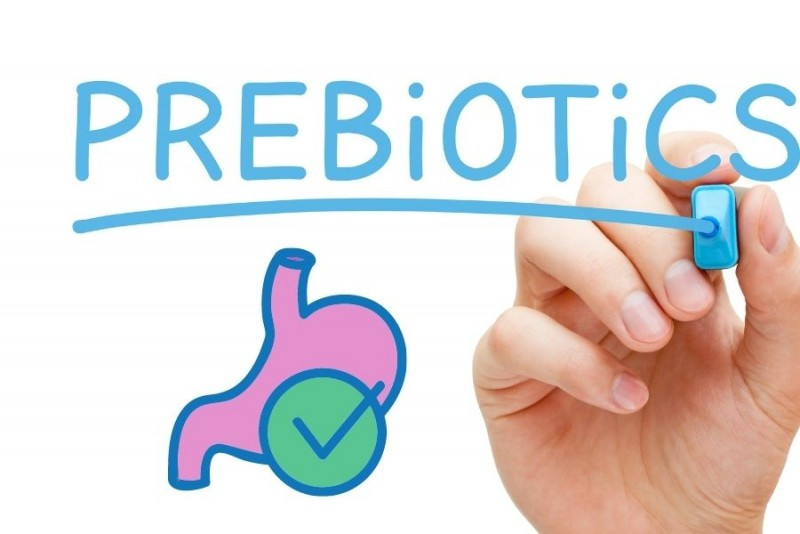Prebiotics are an underestimated group of compounds, and are unfamiliar to most who seek to create a healthy diet or supplement routine for themselves. Here, we'll take a look at prebiotics and what they can do for you.
What Are Prebiotics?
Put succinctly, prebiotics are,
"non-digestible ingredients from certain foods and supplements that feed 'good' bacteria and offer a health benefit." So how do prebiotics benefit you if you can't digest them? The answer: prebiotics, like other high-fiber foods, pass through the upper gastrointestinal tract and remain undigested, and serve a specific purpose later in the digestive process.
That purpose, as previously stated, is in feeding the beneficial bacteria that already
exist in your gut. Some prebiotic compounds specifically benefit certain helpful bacteria. In more general terms, prebiotics are compounds that serve a certain role in the overall health of your gut and digestive system, working in tandem with bacteria and other compounds.
Are They Different from Probiotics & Other Compounds?
Yes, prebiotics are
different from probiotics. While prebiotics help nourish good bacteria in the digestive system, probiotics are the actual good bacteria. Consuming probiotics builds up the presence of good bacteria in your gut directly, while prebiotics help them thrive and do their job correctly. Taking prebiotics and probiotics together can have great benefit to your digestive system, and to your overall wellness.
How Prebiotics Will Benefit You
Aiding with "leaky gut" symptoms...
is one notable help that prebiotics provide. Leaky gut is the term for when the good bacteria lining the colon deteriorate, allowing for harmful bacteria to enter the bloodstream. Prebiotics are useful in preventing this issue from developing. This is because of their
promotion of this good bacteria in the colon.
Help fighting the symptoms of irritable bowel syndrome...
as well as dealing with diarrhea, is another benefit of taking prebiotics. The state of the gut microbiome
can have quite an effect on your overall well-being, and the occurrence of various digestive disorders. When the good bacteria in your gut are "well-fed" due to your consumption of prebiotics, then the chances of experiencing bowel irritation and IBS goes down.
Reducing cholesterol levels...
is a potential benefit of prebiotic supplementation. In turn,
lowered cholesterol levels can have a positive effect on long-term heart health, and might lessen the chances of developing heart disease. There is some scientific evidence to suggest that prebiotics can lower cholesterol, but more research is still needed to say this conclusively.
A positive effect on mental health...
might come from taking prebiotics.
There is scientific evidence which suggests both that stress levels may be reduced, and emotional responses improved, in individuals who take prebiotics on a regular basis. These benefits are purportedly the result of a decrease in the neurotransmitter cortisol, which is responsible for the stress response. The gut microbiome can have a dramatic effect on the production of this neurotransmitter, so prebiotics' effect on the gut microbiome and the brain makes sense.
We recommend trying
psyllium husk capsules or powder, found here on wonderlabs.com.
Psyllium husk is a prebiotic that can have a noticeable effect in improving digestion and easing bowel movements.
Hopefully you now understand prebiotics and what they can do for you!
SHOP WONDERLABS PREBIOTICS
All citations are hyperlinked.

